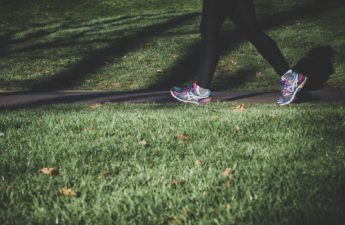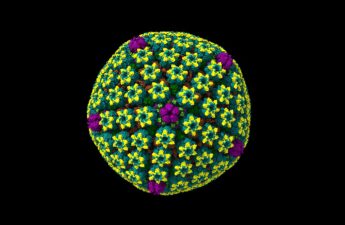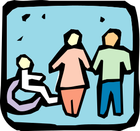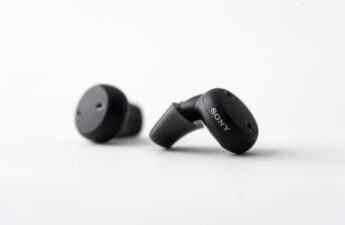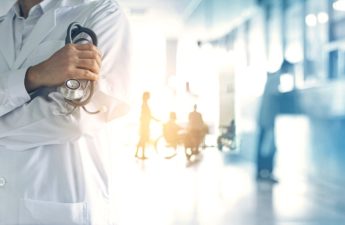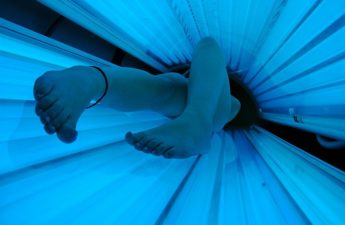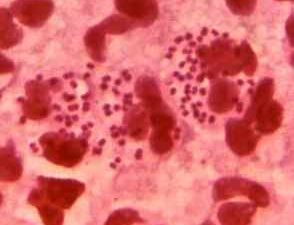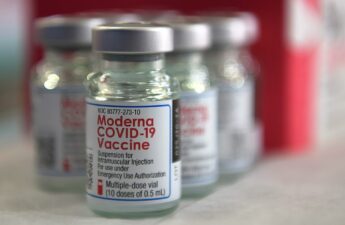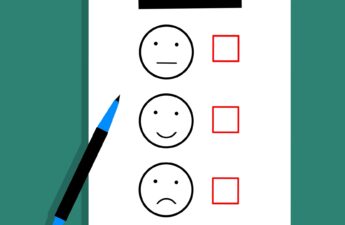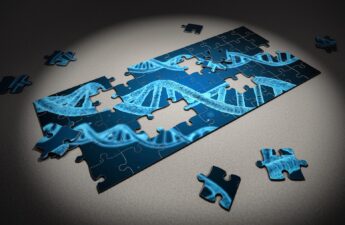So, what can you do to improve your chances of living a longer, healthier life after a breast cancer diagnosis?
Viral shedding ebbs over time with HSV-1 genital infections, UW study finds.
People with HSV-1 genital infections frequently shed the virus in the months after infection, but the shedding declined rapidly during the first year.
HOW DID COVID-19 IMPACT PEOPLE LIVING WITH DISABILITIES?
Many talked about feeling socially isolated and experiencing worsening anxiety and depression during the pandemic. The isolation could be particularly acute for folks living with a disability that made it harder or not advisable for them to go out, such as people living with mobility restrictions or who are immunocompromised.
Proliferating Wildfires Threaten Health Across the Country
By Matt VasilogambrosStateline As wildfires continue to burn in parts of the United States, state public health officials and experts are increasingly concerned about residents’ chronic exposure to toxin-filled smoke. This year has seen the most wildfires of the past…
Say What? Hearing Aids Available Over-the-Counter for as Low as $199, and Without a Prescription
Starting Monday, consumers will be able to buy hearing aids directly off store shelves and at dramatically lower prices as a 2017 federal law finally takes effect.
Many Patients Can’t Afford Health Costs Even With Insurance
Many Americans have policies that only provide limited financial protection, to the point that many patients report forgoing needed medical care or prescriptions to avoid being hit with punishing out-of-pocket costs.
Five things to do in your 20s and 30s to reduce your risk of preventable cancer
Most of us don’t think about cancer when we’re in our 20s and 30s. But recent research has shown that people born after 1990 are more likely to develop cancer before the age of 50 than any other generation before.
Book Review: How We Make Sense of Mental Illness
In “Strangers to Ourselves: Unsettled Minds and the Stories That Make Us,” staff writer for The New Yorker Rachel Aviv blends memoir and rigorous reporting to explore how the stories we use to explain mental distress shape the course of our lives.
Gonorrhea became more drug resistant while attention was on COVID-19 – a molecular biologist explains the sexually transmitted superbug
Around half of gonorrhea infections are asymptomatic and can only be detected through screening. Infected people without symptoms can unknowingly spread gonorrhea to others.
The COVID-19 Booster’s Public Relations Problem
When it comes to the newest boosters, so far about 4.4 million people — about 1.5% of those eligible — had opted for the shots through Sept. 21/
Has the pandemic changed our personalities?
New research suggests we’re less open, agreeable and conscientious
Privacy, Stigma May Keep Workers From Using Abortion Travel Benefits
Among workers’ potential concerns are the stigma of abortion and worries that private medical information could intentionally or unintentionally leak to state authorities. Unlike health care providers and insurers,most private companies aren’t set up to handle sensitive medical information.
How Many Is Too Many? When Drinking Becomes a Problem
For some people, a glass of wine, a beer, or a cocktail is an occasional treat. Others struggle to stop at just one or even many drinks. Some may drink alcohol in moderation, but still feel like they’re not in control of their drinking. How do you know if alcohol has become a problem for you?
Study confirms link between COVID-19 vaccination and temporary increase in menstrual cycle length
On average, vaccinated people experienced an increase of less than one day in each cycle in which they were vaccinated: a .71 day increase after the first dose and a .56 day increase after the second dose. Participants who received both doses in a single cycle had a 3.91 day increase in cycle length.
NIH initiative to systematically investigate and establish function of every human gene
Creating a catalog of what all human genes do is no easy feat. Most genes are likely to have more than one function and behave differently depending on the type of cell in which they are expressed. In addition, genes may turn on or off depending on the cell’s relationship to surrounding cells, environment and age.
